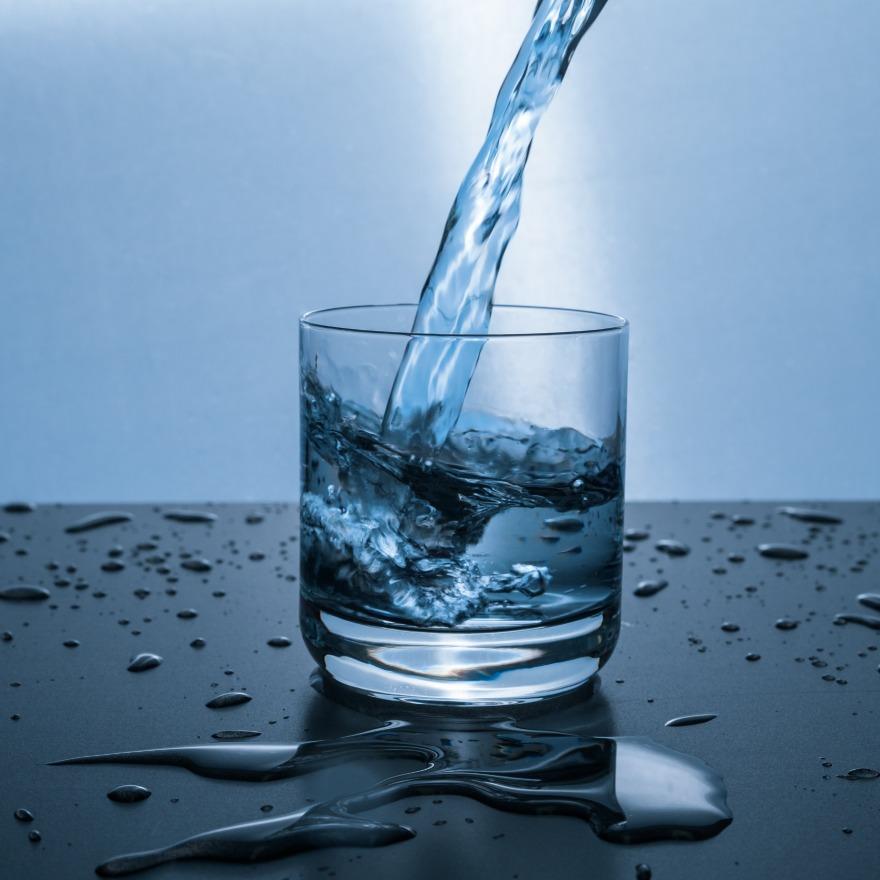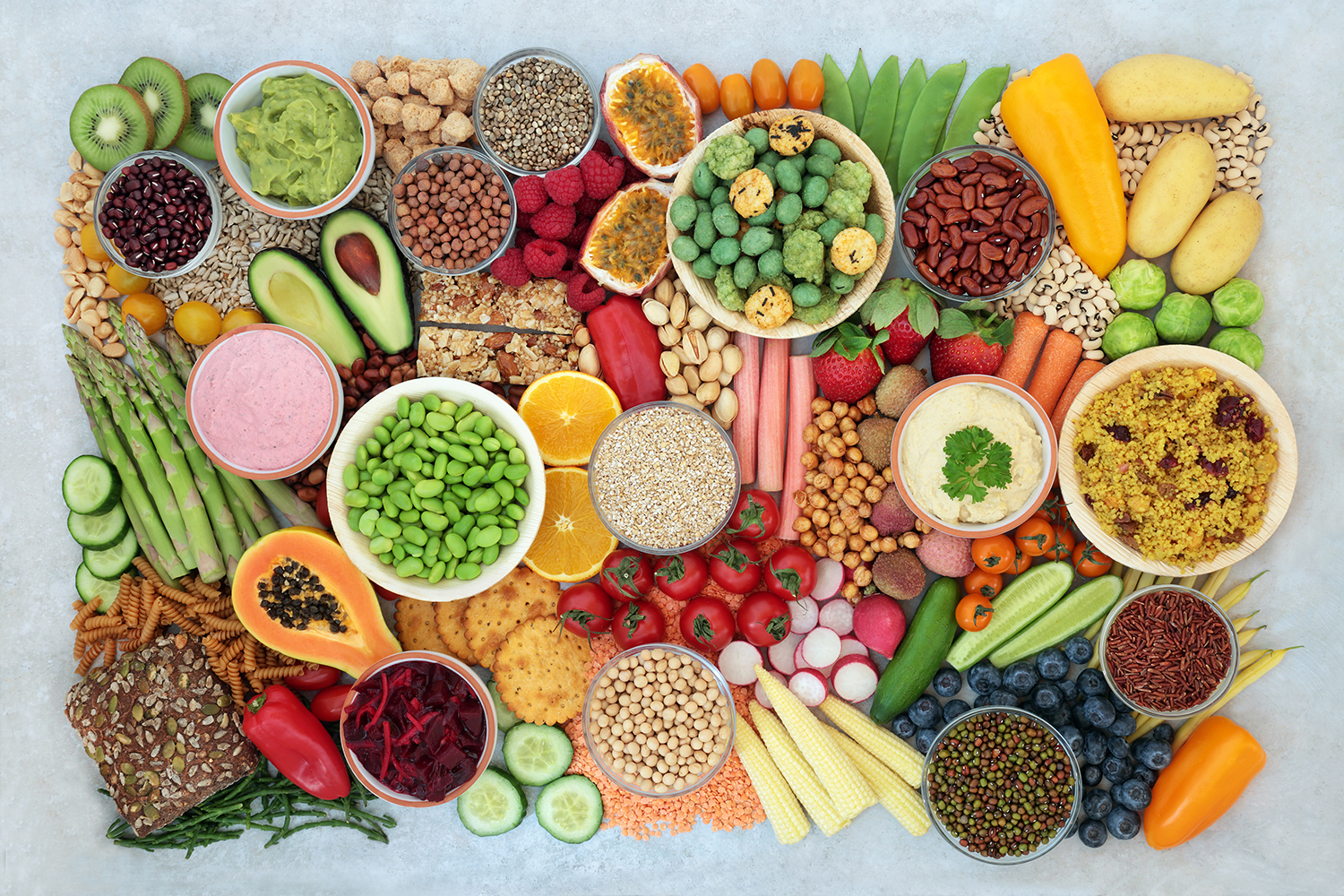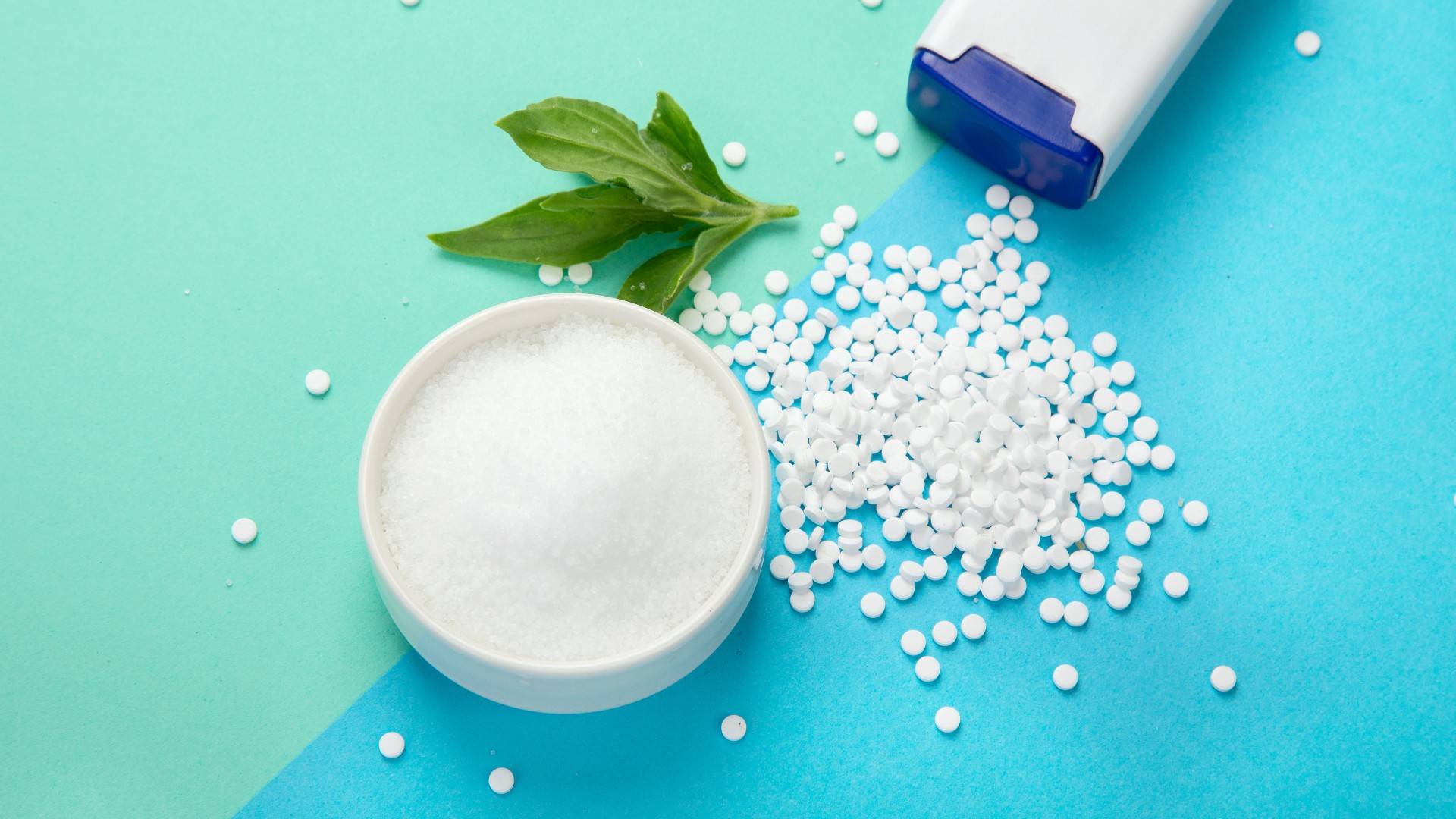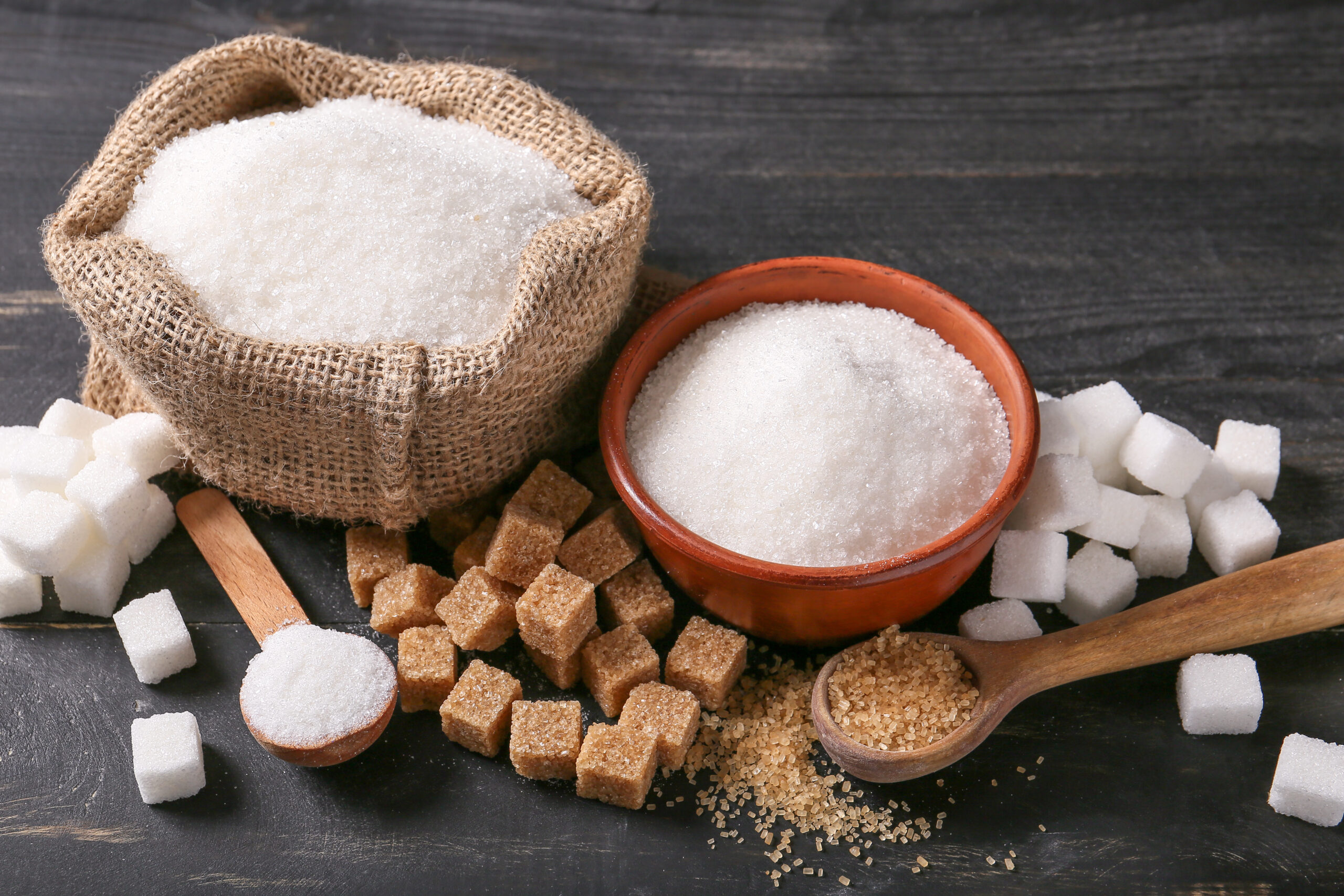Water is essential for life—every cell, tissue, and organ in your body depends on it. But with conflicting advice on daily water intake, how much should you really be drinking? Let’s break down the science of hydration, its benefits, and how to optimize your water intake for better health.
Why Hydration Matters
Water plays a crucial role in:
✔ Regulating body temperature (through sweating and respiration)
✔ Flushing out toxins (via kidneys and urine)
✔ Aiding digestion & preventing constipation
✔ Lubricating joints & cushioning organs
✔ Improving brain function (even mild dehydration affects focus and mood)
Signs You Might Be Dehydrated
-
Dark yellow urine (ideal is pale yellow)
-
Dry mouth, headaches, or dizziness
-
Fatigue or brain fog
-
Muscle cramps
-
Constipation
How Much Water Do You Need Daily?
The "8 glasses a day" rule is a good starting point, but individual needs vary based on:
1. Body Weight & Activity Level
A general formula:
-
Body weight (lbs) ÷ 2 = Daily ounces of water needed
*(Example: A 150-lb person needs ~75 oz, or about 9 cups.)* -
Add 12 oz per 30 minutes of exercise (more if sweating heavily).
2. Climate & Environment
Hot, humid weather or high altitudes increase water loss through sweat.
3. Diet & Health Conditions
-
High-protein or high-fiber diets require more water.
-
Pregnancy/breastfeeding increases needs.
-
Illnesses (fever, diarrhea, UTIs) demand extra hydration.
Official Recommendations
-
Men: ~3.7 liters (125 oz) total fluids (about 13 cups)
-
Women: ~2.7 liters (91 oz) total fluids (about 9 cups)
Note: About 20% comes from food (fruits, veggies, soups).
Myths About Hydration
❌ Myth: Coffee/tea dehydrate you.
Truth: Moderate caffeine is fine—they still contribute to fluid intake.
❌ Myth: You must drink only plain water.
Truth: Herbal tea, milk, and water-rich foods (cucumber, watermelon) count.
❌ Myth: Clear urine = best hydration.
Truth: Pale yellow is ideal; completely clear may mean overhydration.
Tips to Stay Hydrated
-
Start your day with water (1-2 glasses upon waking).
-
Use a marked water bottle (track intake easily).
-
Set hourly reminders (apps like Waterllama can help).
-
Eat water-rich foods (celery, strawberries, soups).
-
Flavor water naturally (lemon, mint, or berries for variety).
Can You Drink Too Much Water?
Rare, but overhydration (hyponatremia) dilutes sodium levels, causing nausea, confusion, or seizures. Athletes and endurance runners are most at risk.
Special Cases
-
Exercise: Drink 17–20 oz 2–3 hours before, and 7–10 oz every 10–20 mins during.
-
Sick? Sip warm broth, herbal tea, or electrolyte drinks (like coconut water).
-
Older adults: Thirst signals weaken—drink routinely, even if not thirsty.
Final Thought
Hydration isn’t one-size-fits-all. Listen to your body, monitor urine color, and adjust for activity, diet, and climate. Small sips throughout the day beat chugging gallons at once!
How do you stay hydrated? Share your tips below!





Comments (0)
Leave a Comment
No comments yet. Be the first to share your thoughts!